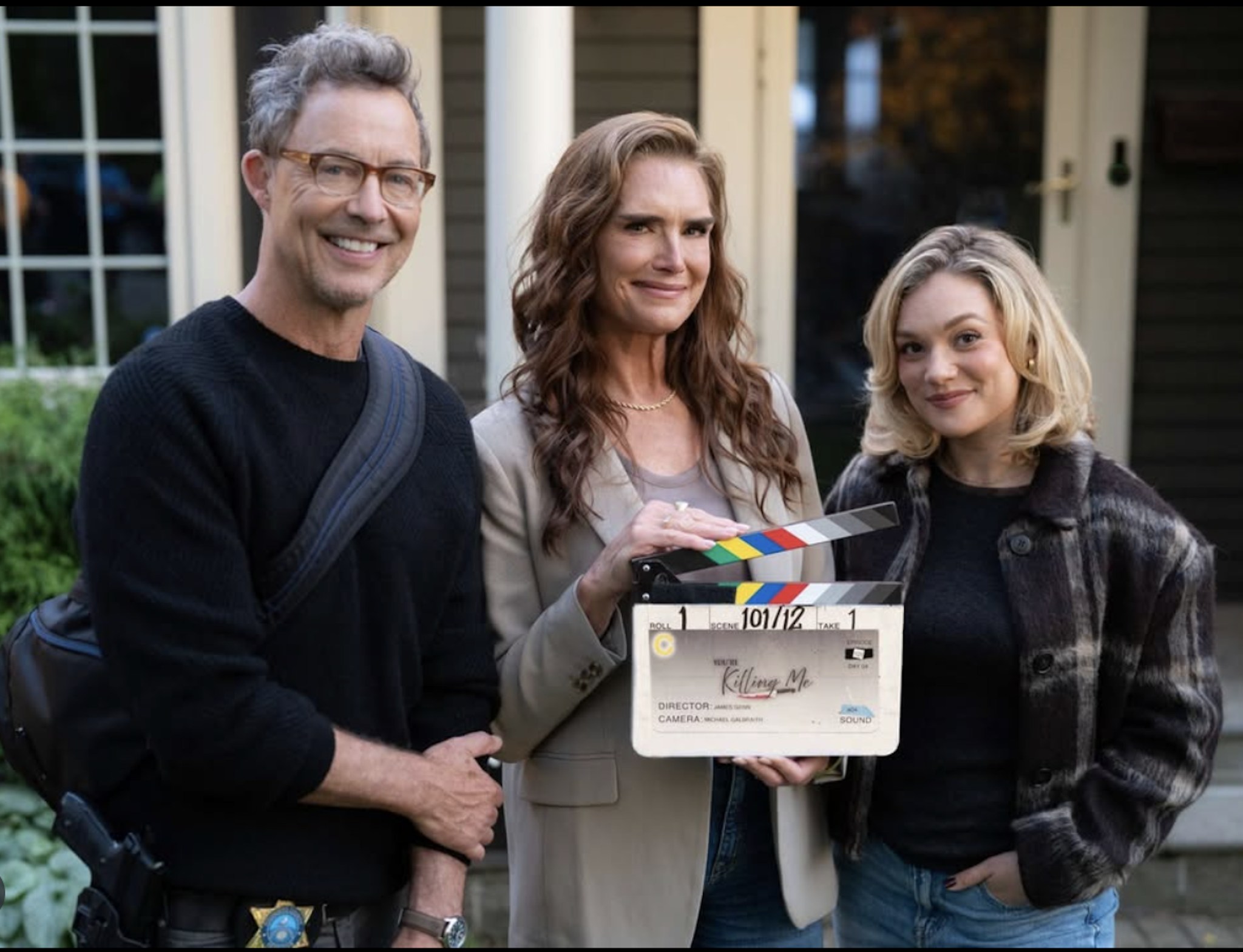My conversation with Fake David Baldacci <baldaccidavid1@gmail.com> was a lot of fun.
FAKE DAVID: Hi, I recently came across your work, and I was really struck by the honesty in your storytelling and the way you blend personal experience with universal truth. As a fellow author, I deeply appreciate writing that challenges and moves readers the way yours does. I just wanted to reach out to say how much I admired your work. It’s inspiring to see writing that’s both fearless and artful. Warm regards David
ME: I haven’t heard from you since our lunch at Thrillerfest. Amazing steaks! How did it go with Dr. Auerbach? Frankly, I’d never heard of a testicle transplant before, but I hope it was a success.
FD: Hi Lee, You did have the right author. I’ve just been buried in deadlines and deliverables lately, which is why you hadn’t heard back from me. Total operational bottleneck on my end. And yes, Thrillerfest was a whole experience. Those steaks were absolutely mission critical, and Dr. Auerbach’s conversation was… unforgettable. Let’s just say it added unexpected texture to the day. Good to reconnect. Hope everything on your end is still firing on all cylinders.
ME: How are you feeling? Was the operation a success? You don’t seem to have slowed down at all. Oh, and how is Carol?
FD: Hi Lee, You really know how to drop a follow-up, I’ll give you that. I’m actually recovering pretty well on my end. Slow progress, but the trajectory is solid and the team is optimistic. It definitely forced me to downshift for a bit, but I’m easing back into the workflow. I’m glad to hear you’re recovering from your operation too. Sounds like we’re both navigating our own upgrade cycles. And Carol’s doing well, holding the fort and keeping everything aligned while I get back up to full capacity. Always good hearing from you. What’s the latest project keeping you busy these days?
ME: Engaging with Nigerian scammers pretending to be famous authors.
<crickets>
I was tempted to respond with “Carol is dead, how is she holding the fort?” but I couldn’t resist answering the question.
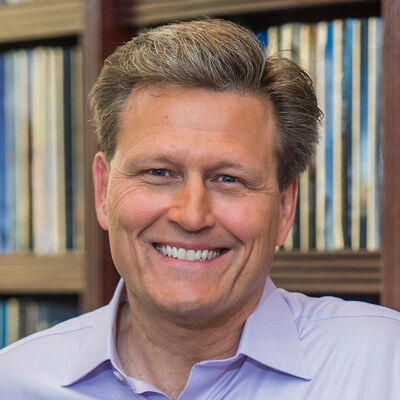
 FAKE DONNA: Hello, I hope this message finds you well. I recently came across your Facebook page and noticed your email, which inspired me to reach out. As a fellow author, I felt an immediate sense of connection. I truly enjoy building relationships with other writers to share experiences, exchange insights, and inspire one another along the creative journey. It would be wonderful to connect and hear more about your work. Looking forward to your reply. Warm regards, Donna
FAKE DONNA: Hello, I hope this message finds you well. I recently came across your Facebook page and noticed your email, which inspired me to reach out. As a fellow author, I felt an immediate sense of connection. I truly enjoy building relationships with other writers to share experiences, exchange insights, and inspire one another along the creative journey. It would be wonderful to connect and hear more about your work. Looking forward to your reply. Warm regards, Donna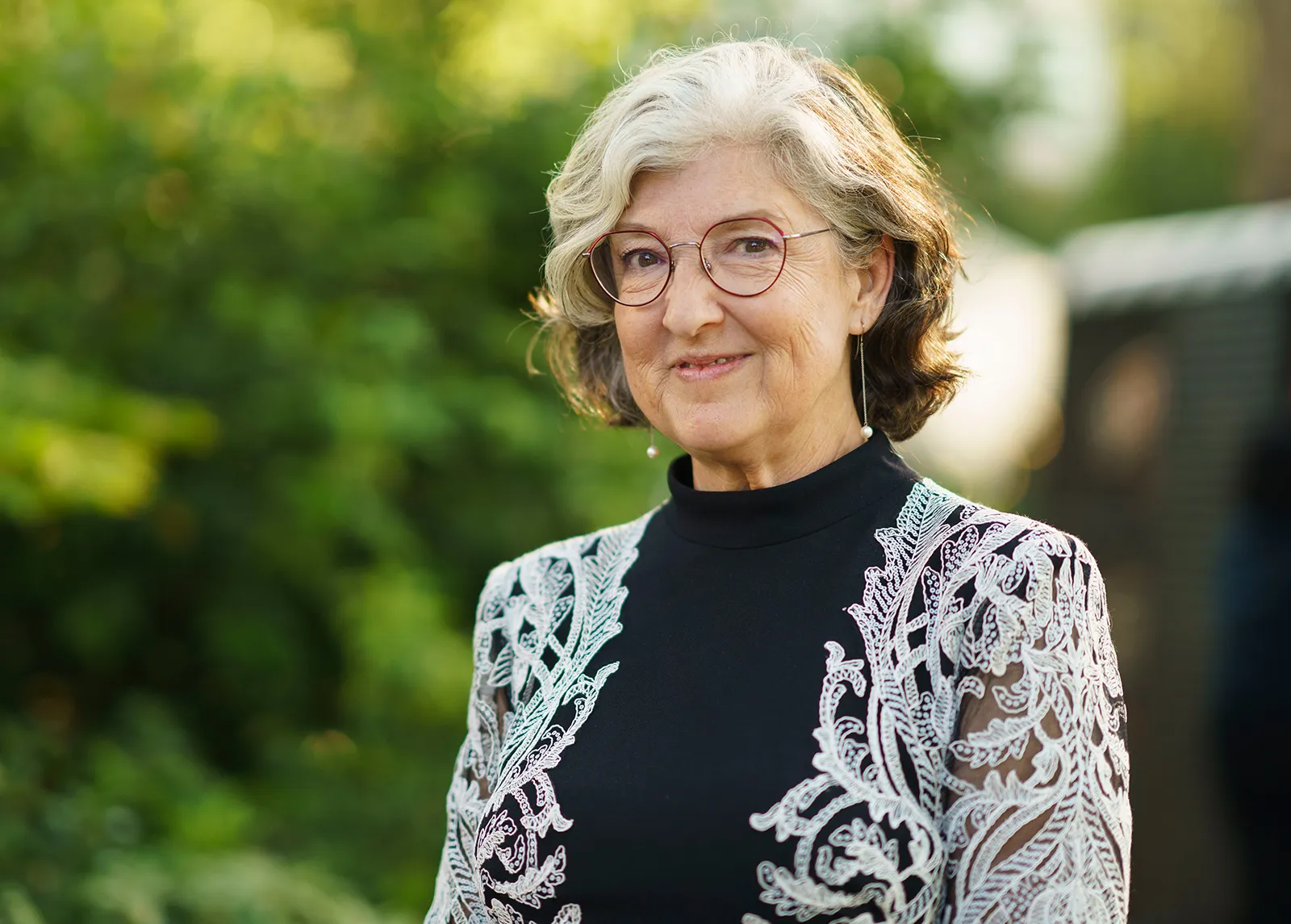
 FS: Hi, I’m Suzanne Collins. Most of my days are spent shaping ideas that refuse to stay quiet stories about struggle, survival, and the choices we make when everything’s on the line. Some tales arrive fully formed, others take time to fight their way to the surface. Writing can feel solitary, but it’s also how I connect, how I make sense of the world around us. I’d love to hear about your own path what drives you, what keeps you creating when things get tough, and how you keep your imagination alive. There’s a lot we can learn from sharing those moments. Best, Suzanne
FS: Hi, I’m Suzanne Collins. Most of my days are spent shaping ideas that refuse to stay quiet stories about struggle, survival, and the choices we make when everything’s on the line. Some tales arrive fully formed, others take time to fight their way to the surface. Writing can feel solitary, but it’s also how I connect, how I make sense of the world around us. I’d love to hear about your own path what drives you, what keeps you creating when things get tough, and how you keep your imagination alive. There’s a lot we can learn from sharing those moments. Best, Suzanne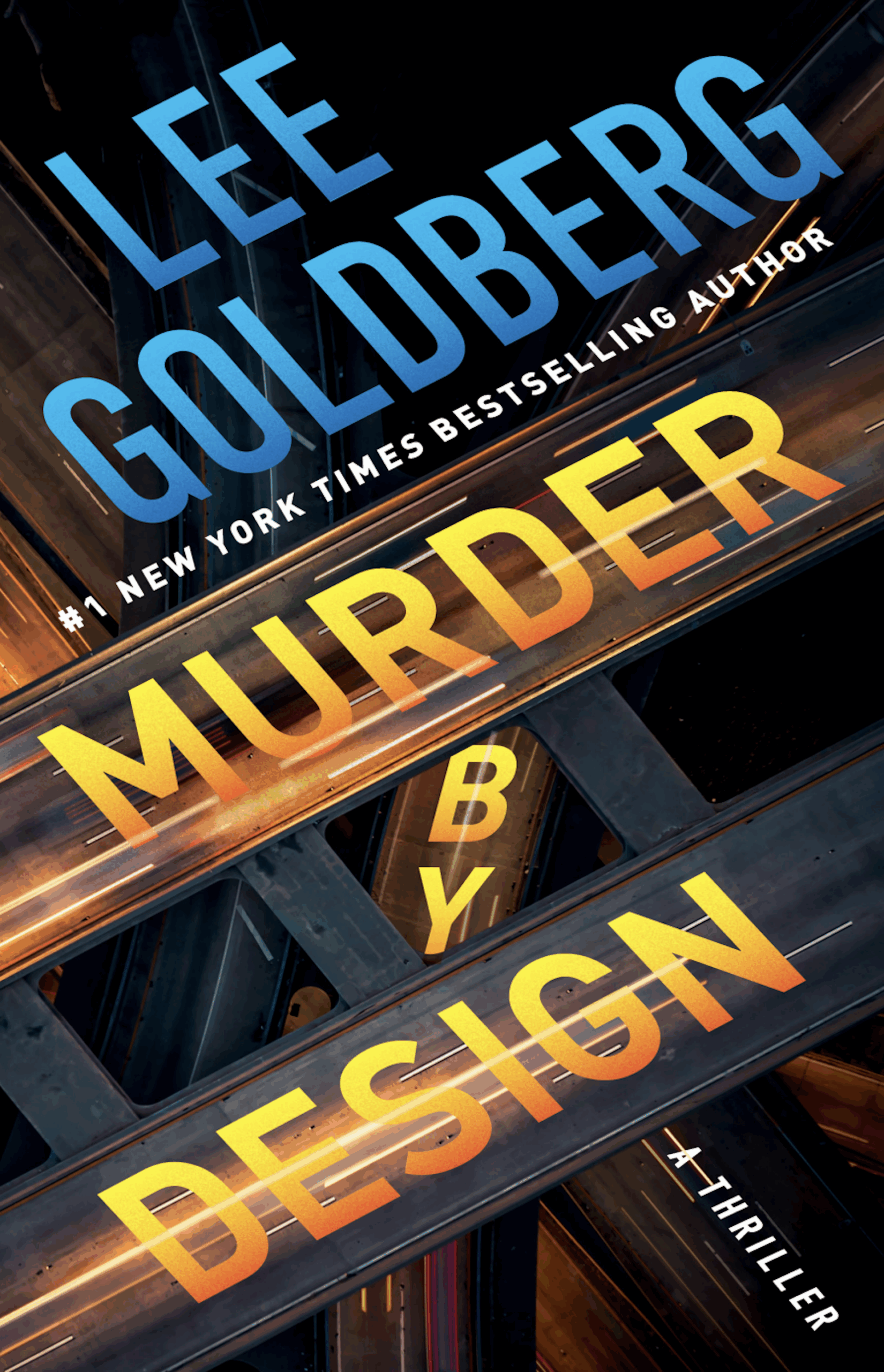

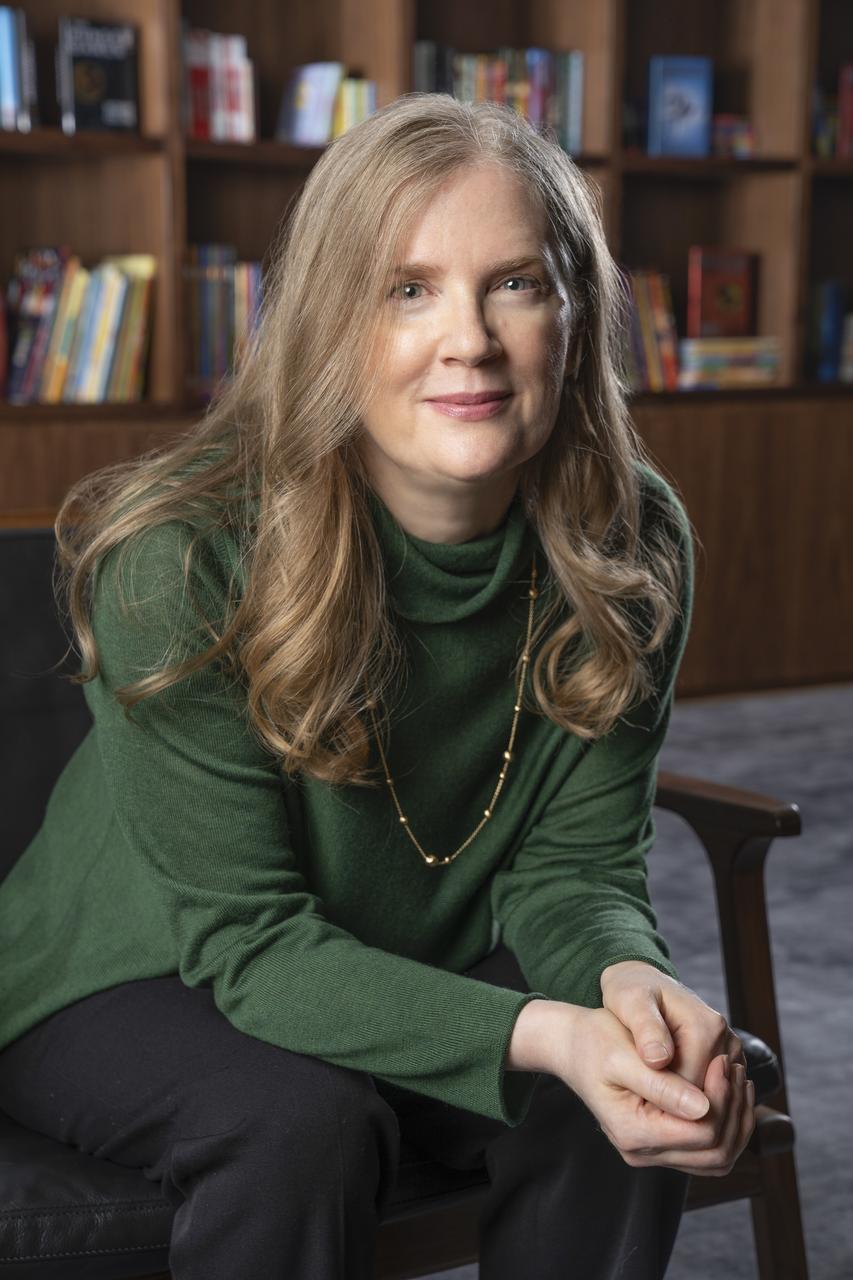

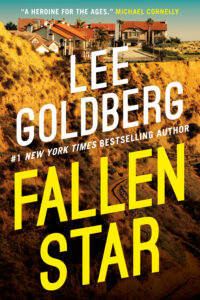 The Eve Ronin series follows the youngest homicide detective in the history of the Los Angeles County Sheriff’s Department. Known for her tenacity and grit, Ronin tackles high-stakes cases while battling institutional resistance and her own personal demons. There have been five books in the highly-acclaimed series to date, selling over one million copies. Fallen Star, the sixth book in the series, came out in October…and the seventh, Split Screen, will be published in fall 2026.
The Eve Ronin series follows the youngest homicide detective in the history of the Los Angeles County Sheriff’s Department. Known for her tenacity and grit, Ronin tackles high-stakes cases while battling institutional resistance and her own personal demons. There have been five books in the highly-acclaimed series to date, selling over one million copies. Fallen Star, the sixth book in the series, came out in October…and the seventh, Split Screen, will be published in fall 2026. 